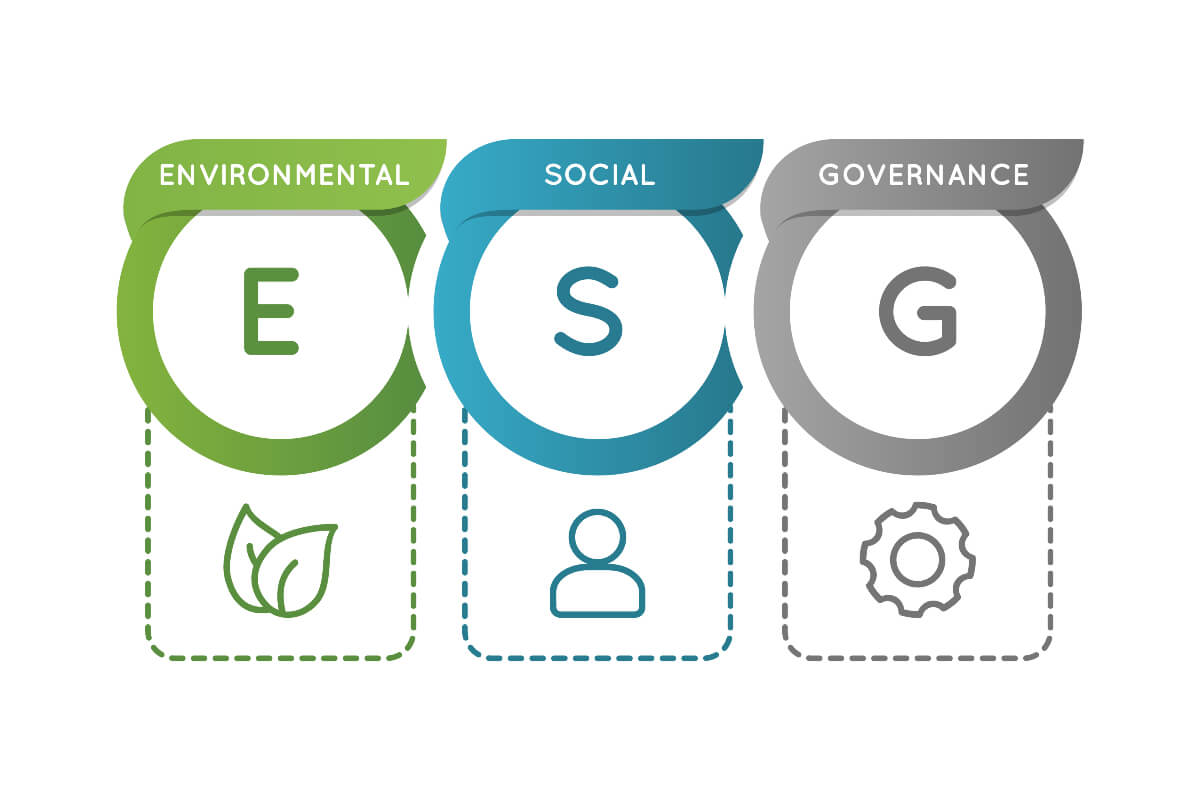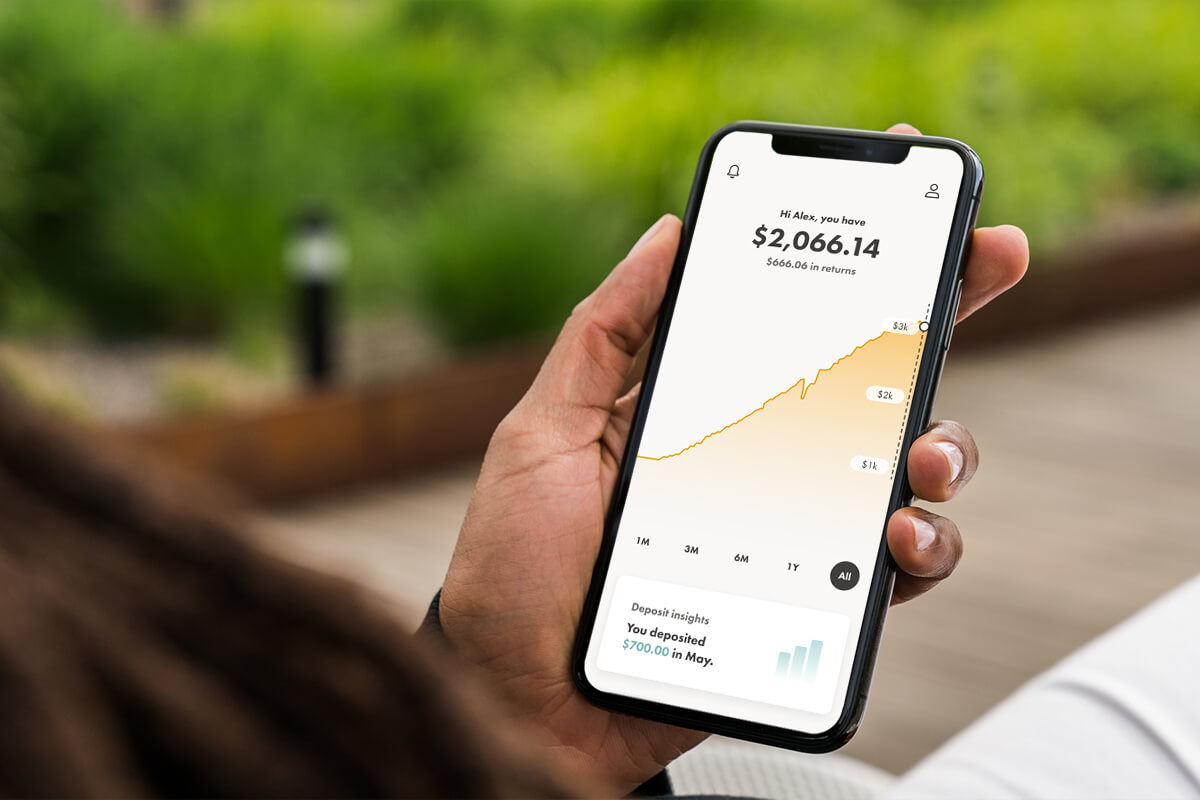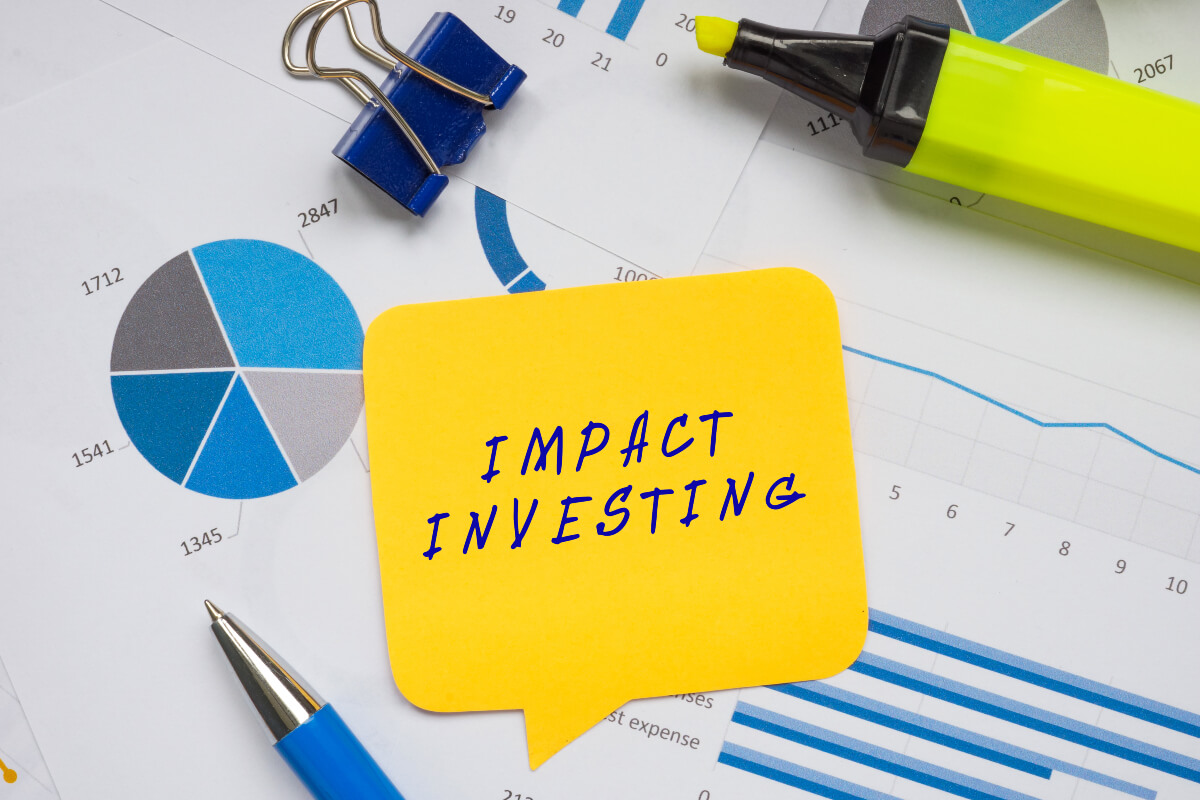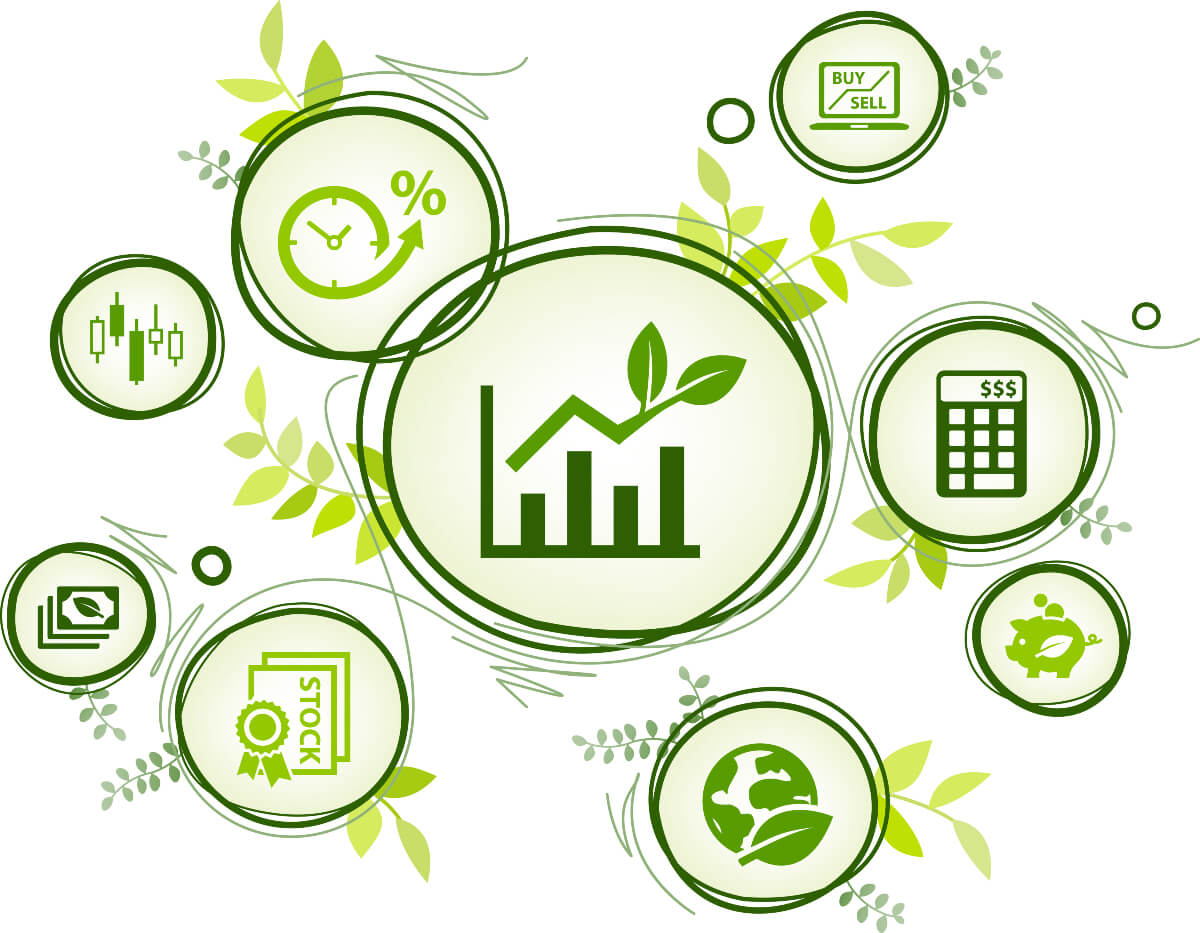The world today is facing many issues, such as climate change, income inequality, gender inequality, racial disparities and poverty. As people become more aware of these global challenges or face some of these disparities themselves, they begin to identify ways to take action and support what they believe in. One of the ways to do this is through socially responsible investing — growing your money while supporting companies whose practices align with your values.
What is Socially Responsible Investing?
In a nutshell, socially responsible investing is an investment that is considered socially responsible due to the nature of the business the company conducts.
Socially Responsible Investing is Gaining Traction
More and more people are choosing to support ethical and sustainable companies with their dollars, according to Trieste Reading, senior manager of campaign strategy for FrontFundr equity crowdfunding platform.
“People are more informed and are demanding changes from companies that are not leading by example,” she says. “They are taking a more active approach in voting with their dollars.”

If you’re interested in sustainable investing or socially responsible investing, Reading advises supporting the companies that align with your beliefs: “What do you want to see more of in the world? Once you have your own personal investing philosophy and values set, you can then look at companies that match your values.”
Millennials Driving Growth in Socially Responsible Investing
In particular, Millennials are the driving force behind the growth in socially responsible investing.
“Millennials are leading the charge into socially responsible investing indexes and funds,” says Andrew Kizito, manager of portfolio management at Wealthsimple. “The vast bulk of the generation believes their portfolio is a way to express social, political and environmental values.”
Where to Start With Socially Responsible Investing?

When looking to become a socially responsible investor, it’s necessary to understand what ESG investing is.
In this type of investing, environmental, social and governance factors (ESG) are analyzed to identify areas of risk and growth within the company.
The idea behind ESG investing is that ethical practices by a company will lead to a sound company and better growth in the future.
Using the ESG Rating
In order to assess different companies and their ESG risks and performance, MSCI is a reputable resource. The MSCI ESG Rating is designed to measure a company’s resilience to ESG risks.
Sian Canavan, head of RBC InvestEase, breaks down ESG risks below:
- Poor environmental practices include high carbon emissions, resource depletion, waste and pollution
- Poor social practices include unsafe working conditions, lack of employee training and weak data security
- Poor governance practices include anti-competitive behavior, bribery and corruption, and ineffective executive pay structures
Going One Step Further Than ESG
Andrew Kizito of Wealthsimple says that while there is an overlay of social consciousness with ESG, the main objective remains financial performance.
Socially responsible investing (SRI) goes one step further than ESG. With SRI, you choose or reject investments based on specific ethical guidelines.
How to Create a Socially Responsible Portfolio
Related Articles
Kizito suggests identifying negative SRI screens to eliminate sectors and activities that you don’t want in your portfolio. For example, you might choose to eliminate big polluters in the oil and gas industry, and avoid investing in tobacco, alcohol or weapons manufacturing.
A socially responsible portfolio is not a one-size-fits-all — what companies it holds will depend on your personal values and belief system.
Socially Responsible Investing Could Pay Out
Tim Swanson, a financial advisor specializing in SRI, says that companies working to be part of the solution to the world’s biggest issues may end up being better investments down the road. Ethics, transparency and good reporting can be a good indicator of sound decision making.
Before you jump in and create a socially responsible portfolio, Swanson suggests meeting with a trusted financial advisor to discuss your values and goals. As this area of practice is new and evolving, a financial advisor can connect you with additional resources and work to create a portfolio tailored for you.
“It’s not any harder for a financial advisor put together a portfolio tailored towards ESG than it is to put together a traditional portfolio,” he says.
DIY Investors Can Purchase Responsible Investing Products

However, if you’re looking to be a DIY investor, in Canada you can purchase a responsible investing product from companies such as Wealthsimple or RBC. In the United States, you can purchase a responsible investing product through companies like Betterment.
You can also purchase individual securities, ETFs or mutual funds through your current brokerage that have strong ESG practices and align with your values.
What is Impact Investing?

If you’re looking to make concrete impacts with your money, then impact investing may be right for you. Positive outcomes are at the forefront of this style of investing. The Global Impact Investing Network (GIIN) defines impact investments as “investments made with the intention to generate positive, measurable social and environmental impact alongside a financial return.”
Trieste Reading of FrontFundr says this form of investing will align with your own values of creating a positive social or environmental impact. Gauging the impact that a company is making will require research on the investor’s part.
“The company will report their impact and investors will measure impact based on the United Nations Sustainable Development Goals (SGDs),” Reading says, adding that the company should have tangible key performance indictors to measure their impact.
How to Start Impact Investing
Impact investments for public companies can be made through your brokerage. Private equity investments can be made through companies such as FrontFundr or StartEngine.
A study conducted by GIIN indicated that impact investments have an average return around 5.8%, while the average return for the S&P 500 is usually around 10%, according to Investopedia. However, Reading notes that many investors are willing to sacrifice some financial return in favor of achieving social good.
Financial advisor Tim Swanson acknowledges that impact investing may not be attainable for all and the markets may be hard to access. He suggests that if impact investing is not right for you, a happy medium is to invest with ESG principles and make charitable donations.
People can also choose to support companies that have a business model centered around making an impact. An example of this is companies that plant trees with each purchase.
The Bottom Line
Anyone can grow their money — but growing your money in a way that improves society is more the point. After all, if we want change in the world for the better then we also need to be willing to put our money behind companies with the same goals.
Want to get more and save more money? Here’s how to navigate financial milestones like a boss; your guide to negotiating what you want at work; and why we need to talk about salary (and how to do it).







